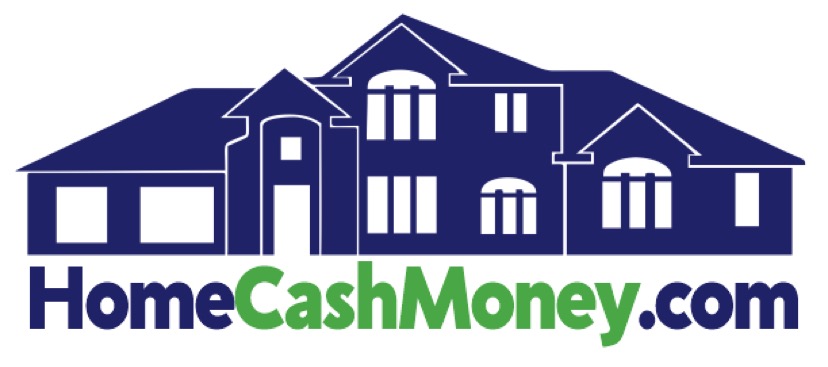
3. Down Payment Assistance: There are various government and private organizations that offer down payment assistance programs. These programs provide
grants or low-interest loans to help with the down payment, making homeownership more affordable.
4. Partner with a Co-Signer or Investor: If you can find a co-signer or investor to help with the down payment, you can purchase a home with little to no money down. The co-signer or investor can either provide the down payment or act as a co-borrower, helping you to qualify for the loan.
5. Use Your Retirement Funds: If you have a 401(k) or IRA, you can withdraw funds for a first-time home purchase without incurring any penalties or taxes. This can be a great way to come up with the down payment without depleting your savings. However, it is important to consider the long-term implications of tapping into your retirement funds.
In conclusion, owning a home with little or no money down is possible with the right strategy.
Consider exploring government-backed loan programs, lease-to-own options, down payment assistance programs, partnering with a co-signer or investor, or using your retirement funds to make homeownership a reality.
It’s important to carefully consider the pros and cons of each option before making a decision.
